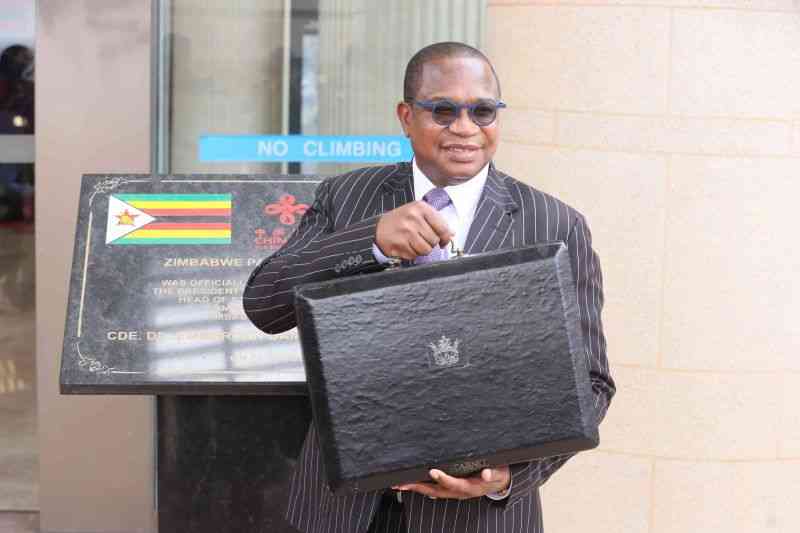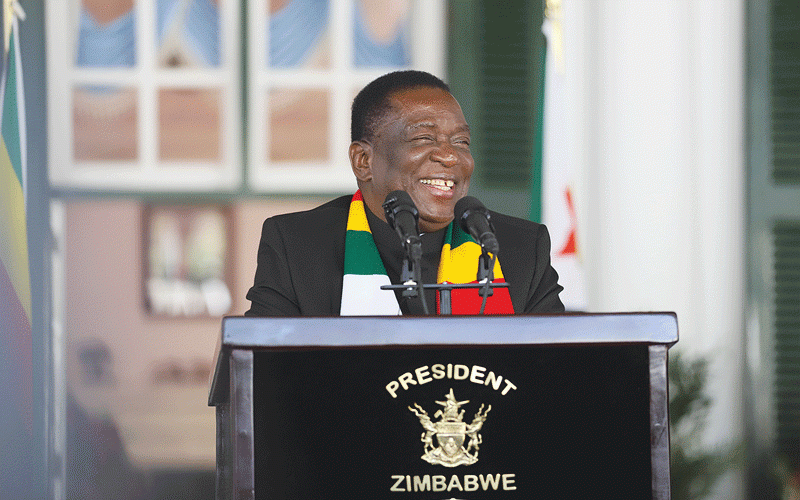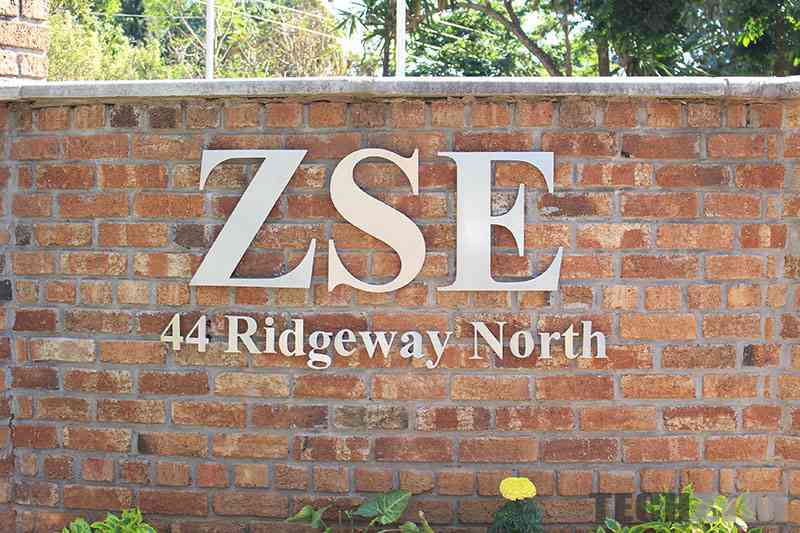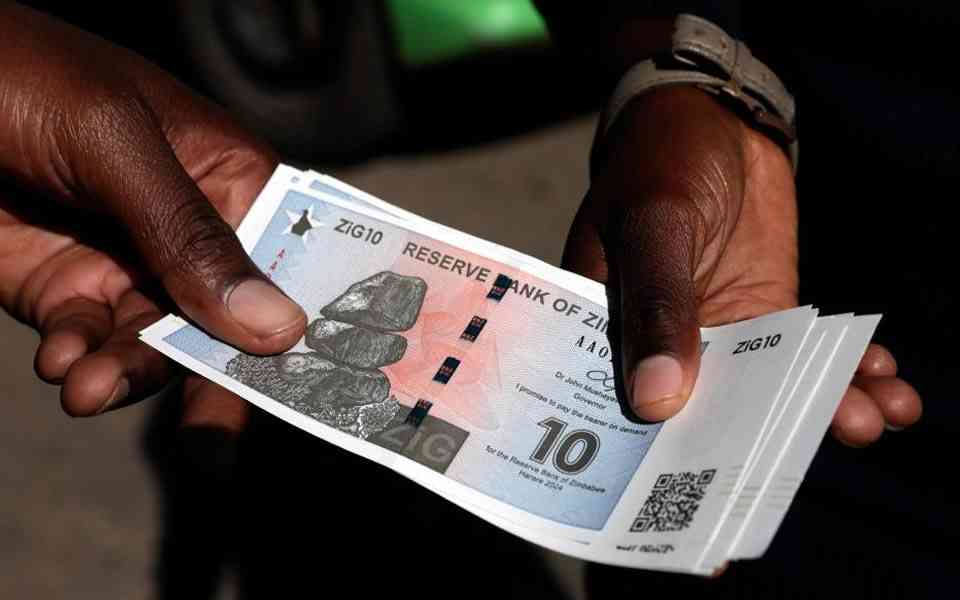
Finance, Economic Development and Investment Promotion minister Mthuli Ncube will present the 2024 Mid-Term Budget Review Statement to parliament next Thursday. This statement comes at a critical time as Zimbabwe faces power outages, drought, a liquidity crunch and other significant challenges.
Economic stakeholders are eager for measures to address these issues, as the country's economic recovery depends on them.
The Zimbabwe National Chamber of Commerce is proposing making the 2% intermediated money transfer tax (IMTT) tax-deductible and removable when remitting tax to the Zimbabwe Revenue Authority. They also want the government to abolish exchange control regulations and liberalise the goods market.
Retailers are calling for a reduction in the IMTT, citing high transaction costs, reduced liquidity and strained working capital. They argue that lower IMTT rates would encourage local and foreign investment and enhance Zimbabwe's competitiveness.
The Bankers Association of Zimbabwe has criticised the IMTT, stating that it has promoted the use of cash, discouraged formal channels and increased revenue leakages. They urge the government to address high informality and its impact on the banking sector and the economy.
“IMTT increases the cost of doing business and, therefore, discourages informal entities from conducting their businesses formally. IMTT is punishing both individuals and other entities that want to transact formally,” the bankers submitted.
Economic players want Ncube to address revenue leakages, plug tax loopholes, and create a conducive business environment. They have also called for policy measures to boost confidence in the Zimbabwe Gold currency and promote its usage.
Miners have raised concerns about the impact of government policy on an industry already suffering from low metal prices. In an appeal to Ncube, the Chamber of Mines of Zimbabwe warned that large-scale miners may scale back production due to high costs and taxes, pleading for lower taxation and power tariffs.
- Budget dampens workers’ hopes
- Govt issues $24 billion Covid-19 guarantees
- Letter to my People:They have no answers for Nero’s charisma
- ZMX to enhance farm profitability
Keep Reading
Miners, who are currently paying USc14,21/kWh for power, recommend a tariff of USc10/kWh, arguing that the current tariff is too high and is choking their operations. Platinum group metals (PGMs) producers have indicated that it has become unsustainable to run their smelters at the current tariff. If the situation is not resolved, miners warned, there could be a scaling down of smelting activities in the PGMs industry.
Economists are seeking updates on investment projects addressing energy and water shortages, as well as clarity on budgetary funds disbursed to local authorities, judges and MPs. They also want Ncube to address the recent increase in government perks for judges and MPs. Overall, stakeholders expect Ncube to present a comprehensive budget review that addresses the country's pressing challenges and promotes economic growth, macroeconomic stability, and competitiveness.
With the country facing numerous challenges, Ncube’s budget review is critical in setting the tone for Zimbabwe’s economic recovery.











